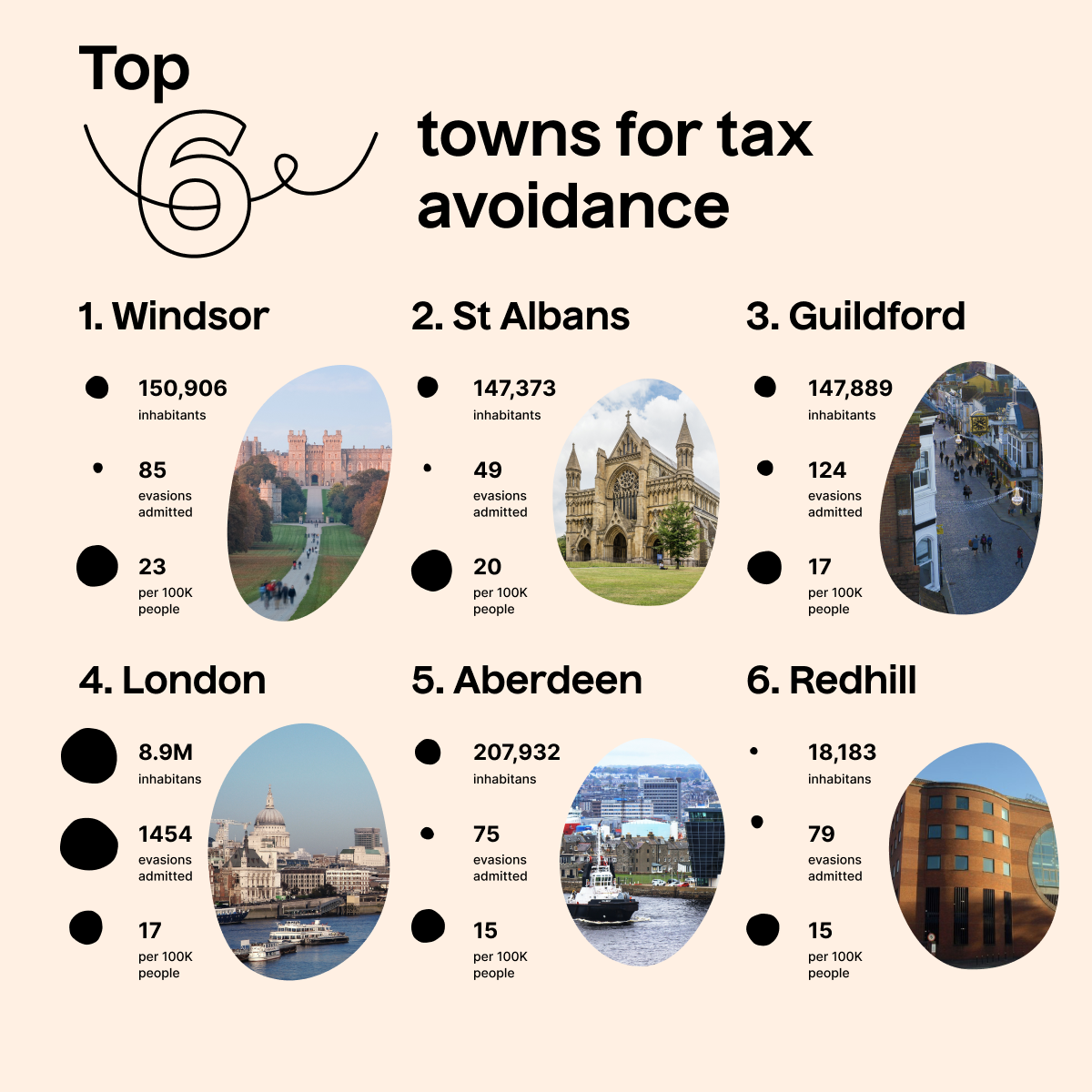Disguised remuneration is a tax avoidance scheme. Here’s how it works:
- What looks like a loan is paid by a third party into someone’s account
- It’s paid instead of someone’s ordinary income
- This “loan” is never repaid
- Loans aren’t taxable income so the recipient avoids paying Income Tax and National Insurance on their earnings
Who uses disguised remuneration?
The scheme is used by both employers and individuals to avoid their tax liabilities. When they’re used by contractors, they’re also known as contractor loans.
The HMRC crackdown
In 2019, HMRC started to crack down on these disguised remuneration schemes. They introduced something called a loan charge that applied to loans made from 9th December 2010 and remained unpaid on 5th April 2019. Basically, through the loan charge, HMRC demanded the unpaid Income Tax and National Insurance (plus penalties) from anyone they found to have used these schemes. Today, there are new rules around how companies can give loans, especially to their directors:
- The loan has to be less than £10,000
- The interest rate charged needs to be fair
- You repay the loan by the company’s year end
If these conditions aren’t met, the loan is considered instead a benefit in kind, and you have to pay tax on it.
Tax evasion in the UK
Tax evasion can carry serious penalties. They can span from a fine to bankruptcy to prison time! Here were the top towns in the UK for tax evasion back in 2020 👇

I’ve used a disguised remuneration – what can I do?
HMRC will let you settle your unpaid taxes. If you think you’ll struggle to pay back what you owe, you may be able to set up a repayment plan that’s manageable to stick with. Take a look at HMRC’s 2020 settlement terms for more information.


